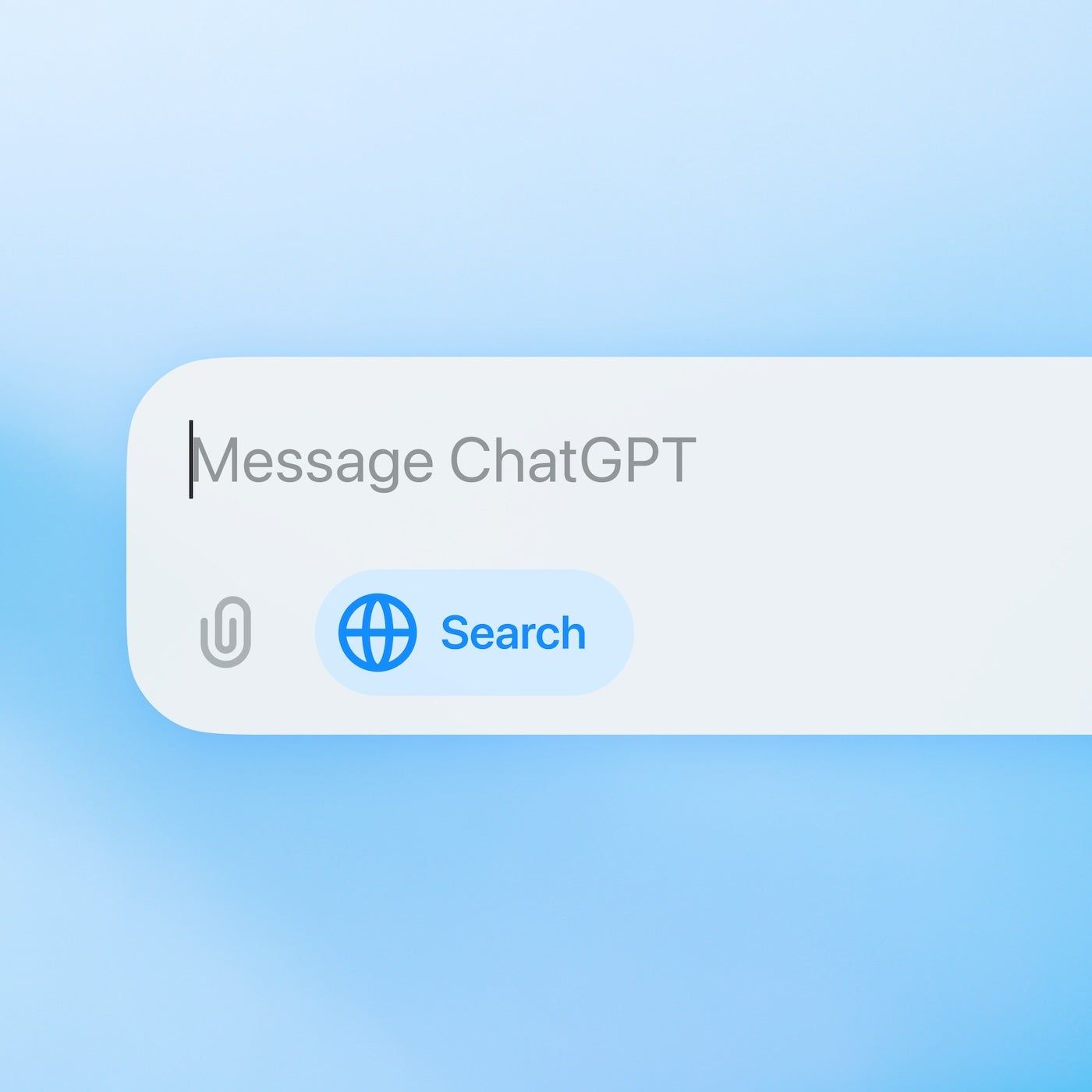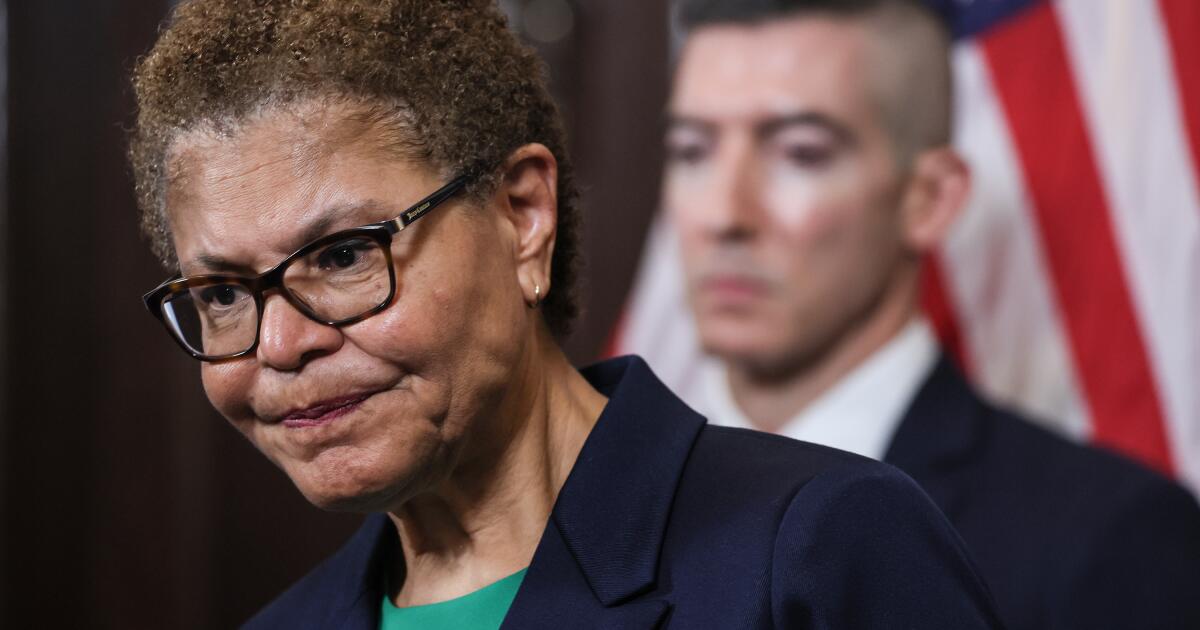ChatGPT Plus subscribers, team subscribers, and SearchGPT waitlist members can use OpenAI's generative search engine starting today, the AI giant announced on October 31.
This could be a Halloween scare for Google Search, as OpenAI directly aims to steer users away from Google's algorithm. OpenAI created a Chrome extension to set ChatGPT search as the browser's default search engine. ChatGPT search also competes with Microsoft's Bing Chat on the Bing search engine.
ChatGPT search will open to enterprise and educational users “in the coming weeks,” OpenAI said in a blog post. Free tier users will see the new functionality “in the coming months.”
What is ChatGPT search?
OpenAI's ChatGPT search is an AI generative search function that returns text typed using a large language model and links to external websites. It runs on an improved version of GPT-4o along with some results from OpenAI o1-preview.
OpenAI first introduced ChatGPT search as SearchGPT in a preview in July.
OpenAI wants to offer a “better answer” than the competition
Google Search ranks results based on its efforts to present “people first” content. However, the results are not always relevant or useful. In recent years, it has become more difficult to find old content or content that is not intended to answer a question directly.
OpenAI wants to eliminate “link digging” by using the context of natural-sounding conversations a ChatGPT user might have with the AI.
“Dig deeper with follow-up questions and ChatGPT will consider the full context of your chat to get a better answer for you,” OpenAI wrote.
Like Google's AI overviews, ChatGPT search will display the sources of your information in a sidebar in the right column.
ChatGPT search offers weather, stocks and sports results. OpenAI currently has no plans to incorporate ads.
SEE: Google opened its AI Overviews search assistant to more countries in late October.
Use of media in AI search results is controversial
OpenAI has partnered with media outlets including the Associated Press, Reuters, The Atlantic and Time. According to the Washington Post, ChatGPT search will direct election-related questions to well-established news sites such as the Associated Press and Reuters.
Unaffiliated sites can control whether or not they appear in ChatGPT search results by allowing or not allowing OpenAI's OAI-SearchBot in their robots.txt file.
Some newspapers, including The New York Times, have sued OpenAI for infringing the copyright of their content. Meanwhile, other media groups see the alliance with OpenAI as a valuable business strategy in an era of generative AI proliferation.
“ChatGPT Search promises to better highlight and attribute information from trusted news sources, benefiting audiences while expanding the reach of publishers like us who produce premium journalism,” said Vox Media President Pam Wasserstein at the OpenAI blog post.












